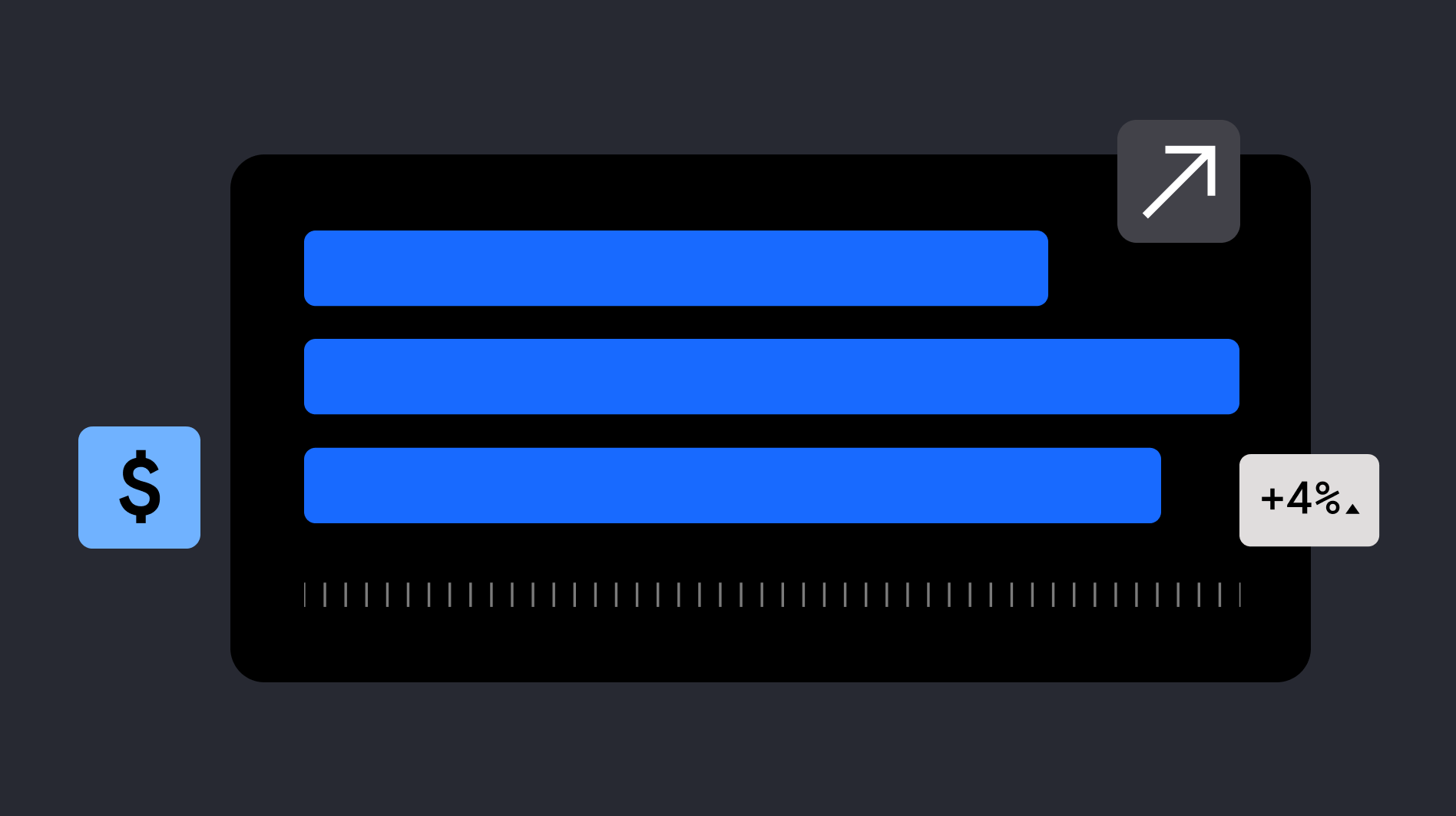An EFT (Electronic Funds Transfer) payment is a type of electronic payment that allows money to be transferred directly from one bank account to another, including direct deposit of paychecks, automatic bill payments, and online money transfers. EFT payments are more secure and efficient than traditional paper-based payment methods such as paper checks.
Types of EFT payments
There are several types of EFT payments, including:
- Direct deposits - an ACH (Automated Clearing House) transaction used for direct deposits of paychecks, automatic bill payments, and online money transfers.
- Wire transfers - for transferring large sums of money, such as placing a large down payment on new equipment for your business.
- Electronic checks - also known as e-checks, they’re used for making payments directly from a checking account. To make the payment, you simply enter your routing number and bank account number.
- Card-based EFTs - credit and debit card transactions can be used to transfer funds from your business bank account in order to make purchases or pay utilities.
- Mobile wallet payment - this allows you to make payments with the help of mobile apps and devices, such as Apple Pay or Google Pay.
- Pay-by-phone systems - an EFT method that enables you to pay bills or transfer funds over the phone.
- ATMs - these machines allow you to make withdrawals and deposits, check your balance, and transfer funds without visiting the bank.
Each type has its own unique features and capabilities, and some may be better suited to certain types of transactions than others.
Peer-to-peer Electronic payments
Money transfer apps, such as Venmo, CashApp and PayPal, use peer-to-peer EFT technology, which enables users to transfer funds to another user’s account on the same app.
International EFT payments
International EFT payments, also known as wire transfers, are used for large-dollar transactions between bank accounts. They’re typically for business transactions from one country to another, international money transfers, and other types of cross-border payments.
International wire transfers are usually done through the SWIFT (Society for Worldwide Interbank Financial Telecommunication) network, which connects banks and financial institutions around the world. Banks use SWIFT codes to identify the sender and recipient, and to facilitate the transfer.
Most countries and regions have their own methods of EFT payment. For example, European countries use SEPA, while the US mostly uses International ACH Transactions to facilitate cross-border transactions. SEPA and ACH, which is regulated by NACHA (National Automated Clearing House Association), both offer secure and efficient international payments.
International EFT payments may take longer and have additional fees, such as foreign exchange fees, compared to domestic EFT payments. The process and cost of international wire transfers can also vary depending on the banks involved and the countries being sent to and from.
It's also worth noting that some countries may have restrictions on international money transfers and may require additional documentation or compliance with regulatory requirements.
Learn more: What is an ACH payment?
Benefits of EFT payments for businesses
There are several benefits of EFT payments for businesses, including:
- Easily retain accounts: EFT payments can be processed quickly and automatically, which can save businesses time and reduce the need for manually updating accounts due to experience cards or fraud.
- Shorten time to revenue: EFTs enable businesses to receive payments more quickly than waiting for a paper check in the mail, making it quicker and easier to generate revenue. Meanwhile, your business can spend fewer hours reviewing and cashing checks.
- Reduce cost of doing business: EFT payments are cost-effective, particularly on high-ticketed transactions, and eliminate costly human errors. EFTS can also help businesses save money on postage, paper, and other costs associated with traditional payment methods.
- Security: EFT payments are considered to be more secure than traditional paper-based methods, as they use encryption and other security protocols to protect against fraud and unauthorized transactions.
- Increased accuracy: EFT payments can help businesses avoid errors associated with manual data entry, such as typos and transposition errors.
- Better cash flow management: Electronic payments can be automatically scheduled, which can help businesses better manage their cash flow and ensure that bills are paid on time.
- Improved customer experience: EFT payments can make it easier for customers to make payments, which can lead to increased customer satisfaction and loyalty.
- Greater flexibility: EFT payments can be made from anywhere, at any time which is accessible to the business and its customers.
In summary, EFT payments provide your business with a more efficient, secure, and cost-effective way to process payments and streamline your transaction flows.
Accept more payment methods with Checkout.com
Checkout.com can help your business accept more payment methods, including EFT methods such as ACH in the US and SEPA in Europe. With 130 million US bank accounts using the ACH network, and over 520 million customers in 36 nations using SEPA, accepting more payment methods with Checkout.com can help widen your customer base.
But that’s just the start. For the entire list of payment methods your business can accept through Checkout.com, read our full Payment Methods Directory and find the perfect payment models for your business.





.jpeg)


%20v1.jpg)


.png)

.png)


